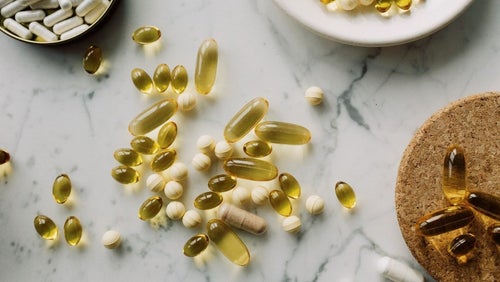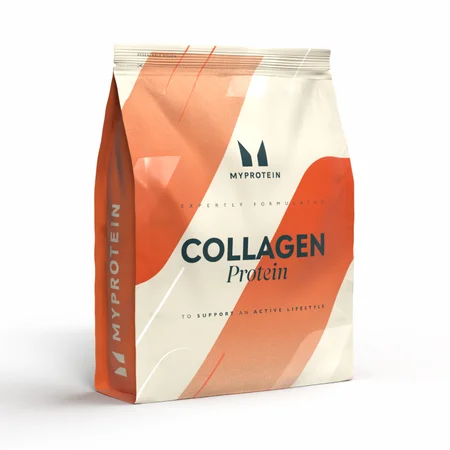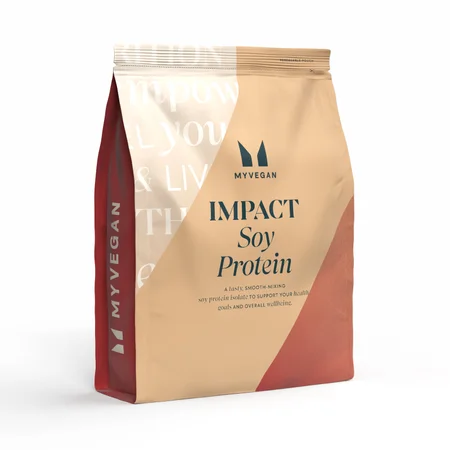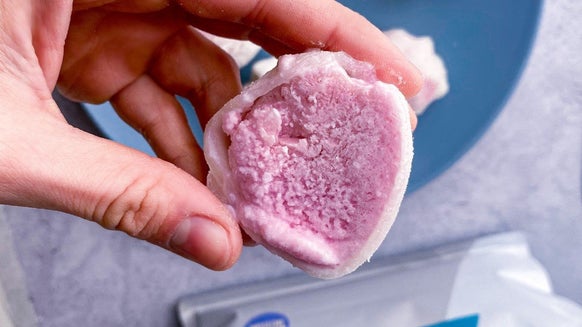How To Build Muscle On A Keto Diet

The keto (or ketogenic) diet has become hugely talked about in recent years, and has been steadily gaining its popularity.
While many people use it to help manage their weight, there are those that hope to gain muscle on keto. So, just in case you’re one of those people, we’re going to cover what exactly the keto diet is, misconceptions regarding keto and muscle building and how the keto diet can actually help us to build muscle.
- What is the keto diet?
- Misconceptions regarding keto and muscle building
- How would a keto diet support muscle building?
- Can you build muscle and lose fat on a keto diet?

What is the keto diet?
The keto diet is a high–fat, low–carb diet that’s often accompanied by increased protein intake.
It was originally created to help reduce the severity and frequency of seizures for those who suffer with epilepsy. More recently it's been used as a viable weight–loss diet.
The keto diet is focused around the goal of achieving ketosis and minimising insulin production. Ketosis is a state our bodies go into when we are so carb depleted that our dietary fat and/or fat stores are used for energy.
The body breaks down fat to produce ketones (hence ketosis) which can enter the energy cycles to produce energy. It typically takes around 3–4 days of a very low carb diet (sub 50g a day) to achieve ketosis.1 And for some it can take as much as a week!
This is arguably the toughest hurdle for first time keto-dieters to overcome as this period of metabolic adaptation can be stressful, met with cravings, hunger, fatigue and extreme irritability.
Swapping in tasty, low-carb snacks can certainly help with the transition to a keto diet, check out our go-to keto snacks here...
Misconceptions regarding keto and muscle building
The main reason why people are sceptical about building muscle on a keto diet is due to its effect on insulin production.
Insulin is described as an anabolic hormone (i.e.,
It does this by binding to a cell (such as a muscle cell) and signals to that cell to take in nutrients. Relating back to muscle building, the influx of nutrients can contribute to repair and growth of the muscle (after having been broken down by exercise).
Whilst this may be true, there are other more important pathways to support muscle building. High–protein diets rich in high–quality proteins (either animal sources or complimentary plant sources) will contain plenty of leucine.
How would a keto diet support muscle building
So, the need for carbohydrates really comes into question then. This isn’t to say the keto diet is
Can you build muscle and lose fat on keto?
However even this appears to even out over time,
Muscle may also appear “smaller” or “flat” due to a reduction in glycogen and water, but the actual tangible muscle hasn’t changed.
Take Home Message
The thought that a keto diet can negatively impact your ability to gain muscle can be misleading as it’s definitely possible.
Muscle building is just as achievable following a ketogenic approach as it would be any other, although it depends on the individual.
Yes, there may be some initial difficulty when transitioning over, but there appears to be sufficient evidence that can build muscle on a ketogenic diet.
Remember, you should always consult your GP before making any dramatic changes in diet.
READ THESE NEXT:

Gaming Supplements | Improve Your Gaming Skills
These supplements could level up your gaming abilities.

5 Amazing Health Benefits Of Cod Liver Oil
It's one of the longest standing supplements for a reason.

Liam is a certified sport nutritionist with the International Society of Sport Nutrition and is enrolled on the British Dietetics Association’s Sport and Exercise Nutrition register. He has a Bachelor’s of Science in Sport and Exercise Science and is graduate of the ISSN Diploma in Applied Sport and Exercise Nutrition.
Liam is an experienced personal trainer, helping clients reach their health and fitness goals with practical, evidence informed exercise and nutrition advice. In his spare time Liam has competed in numerous powerlifting competitions and enjoys hill walking, football and expanding his recipe repertoire in the kitchen.Find out more about Liam's experience here.
1. Scott, J. M., & Deuster, P. A. (2017). Ketones and Human Performance. Journal of special operations medicine: a peer reviewed journal for SOF medical professionals, 17(2), 112-116.
2. Bostock, E., Kirkby, K. C., Taylor, B. V., & Hawrelak, J. A. (2020). Consumer reports of “Keto Flu” associated with the ketogenic diet. Frontiers in Nutrition, 7, 20.
3. Dimitriadis, G., Mitrou, P., Lambadiari, V., Maratou, E., & Raptis, S. A. (2011). Insulin effects in muscle and adipose tissue. Diabetes research and clinical practice, 93, S52-S59.
4. Figueiredo, V. C., & Cameron-Smith, D. (2013). Is carbohydrate needed to further stimulate muscle protein synthesis/hypertrophy following resistance exercise?. Journal of the International Society of Sports Nutrition, 10(1), 1-3.
5. Paoli, A., Cancellara, P., Pompei, P., & Moro, T. (2019). Ketogenic diet and skeletal muscle hypertrophy: a frenemy relationship?. Journal of human kinetics, 68(1), 233-247.
6. Sherrier, M., & Li, H. (2019). The impact of keto-adaptation on exercise performance and the role of metabolic-regulating cytokines. The American journal of clinical nutrition, 110(3), 562-573.
7. Brinkworth, G. D., Noakes, M., Clifton, P. M., & Buckley, J. D. (2009). Effects of a low carbohydrate weight loss diet on exercise capacity and tolerance in obese subjects. Obesity, 17(10), 1916-1923.







